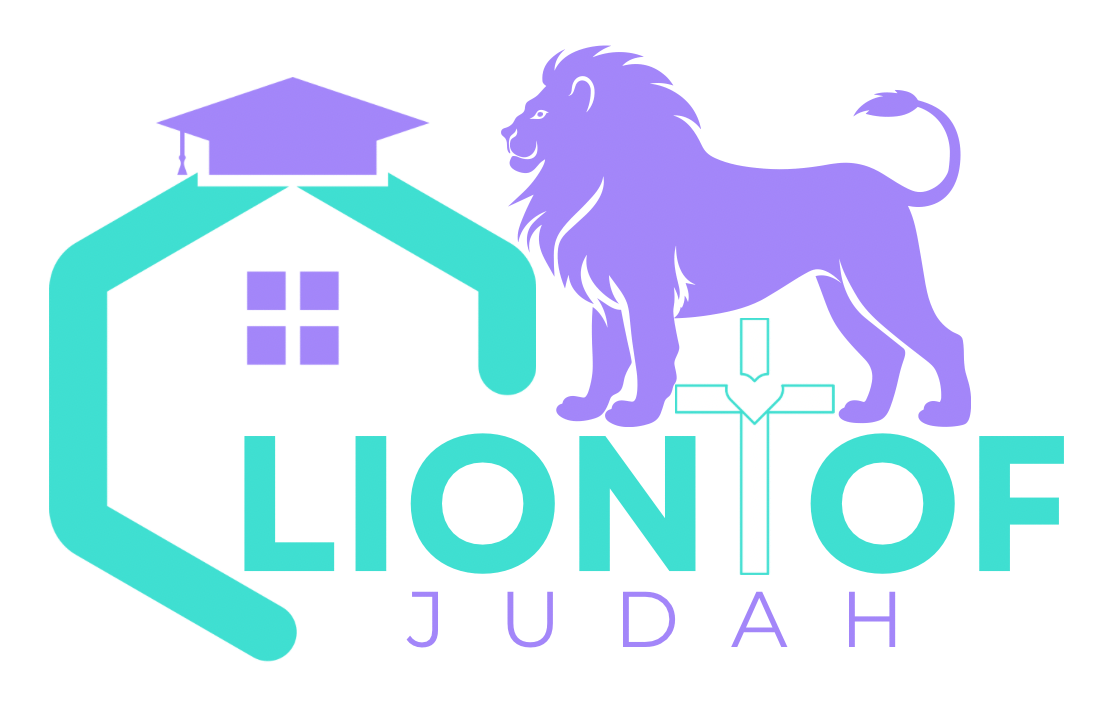Frequently Asked Questions
Here are some of the questions we hear most often about Montessori education.
The number of Montessori schools is growing and key Montessori ideas are being integrated into many public schools and universities. Along with growing interest and acceptance, there are also questions and misconceptions.
